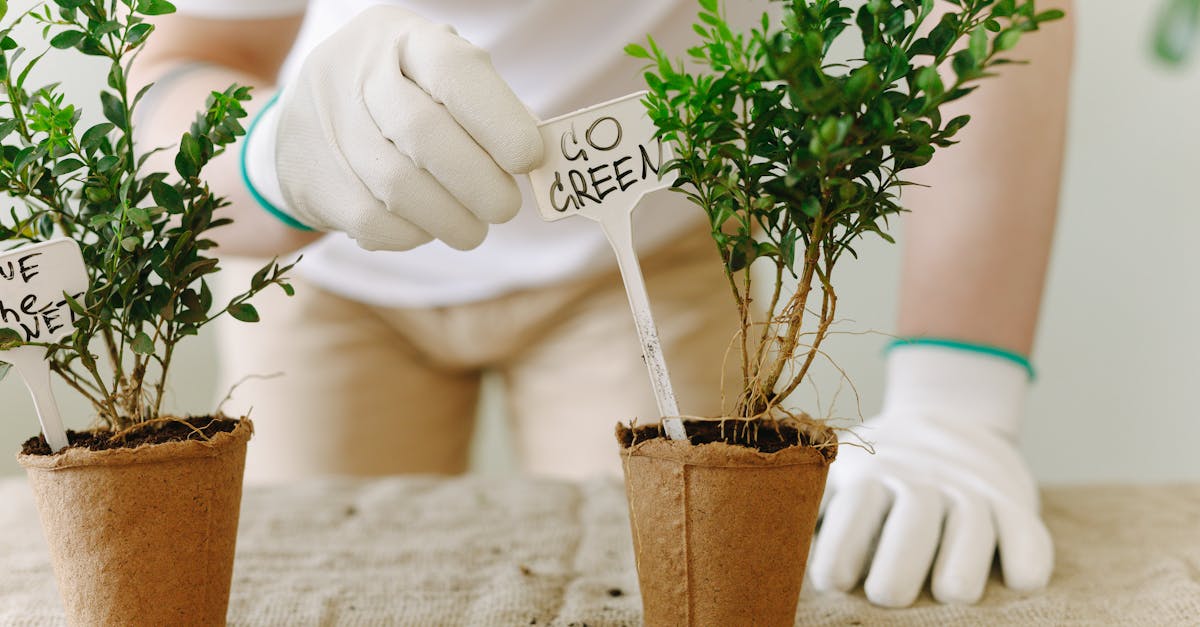Have you ever noticed unexpected shifts in your garden or yard? Soil changes might be causing more than just a nuisance. Not addressing these shifts properly can lead to significant issues with foundation longevity and even climate impact around your home. Soil alterations might seem minor, but their effects can reach far and wide. Recognizing these changes early means you can avoid costly repairs and headaches down the line.
But how do you detect these changes before they wreak havoc? Understanding soil erosion effects, soil moisture levels, and how to perform geotechnical assessments can make all the difference. These steps are not just about preserving your garden; they ensure the health of your home’s foundation and contribute to larger environmental benefits like carbon sequestration. Imagine a stable home and a healthy planet—both are within your reach with the right knowledge.
Your journey to mastering soil changes starts here. Learn how to maintain foundation health and effectively combat the impacts of climate change. Don’t wait until it’s too late; dive into the article and transform your understanding today.

Photo provided by Nataliya Vaitkevich on Pexels
Within the post
Neglecting Geotechnical Assessments
Understanding Geotechnical Assessments
When you think about building a house, you might not consider the importance of the soil beneath it. However, geotechnical assessments are vital for keeping your foundation strong and lasting a long time. These assessments help you understand the soil composition and how it might affect the building. They check for issues that could cause problems later, like cracks or shifts in your home.
Avoiding Professional Help
It might be tempting to skip hiring a professional, thinking you’ll save money. But not getting these assessments could lead to serious problems. Without them, you might face unexpected soil erosion effects that can weaken your foundation. Hiring a professional ensures you have a stable base for your home, protecting against costly repairs.

Photo provided by eberhard grossgasteiger on Pexels
Ignoring Climate Impact
Changes in Weather Patterns
Climate change affects everything, including the ground beneath your feet. It can alter soil moisture levels, which can lead to big soil changes over time. These changes can affect how your foundation sits and performs. Ignoring these effects might cause your home to shift or your walls to crack.
Unpredictable Climate Effects
The climate today is different from what it was decades ago. By ignoring these changes, you risk affecting your home’s foundation longevity. Things like heavier rains or longer dry spells can lead to soil shifting. Keeping an eye on climate patterns helps you plan better and protect your home.

Overlooking Soil Changes
Soil Changes and Foundations
Soil is not static; it changes and shifts over time. These soil changes directly affect your foundation’s health. If soil erodes or hardens unexpectedly, it can strain your home. It’s crucial to understand how these changes happen and what they mean for your property.
Monitoring Changes Regularly
Regularly checking your soil’s condition can prevent problems before they start. By keeping an eye on things, you can avoid negative soil erosion effects. It’s like having a regular health check-up for your house, ensuring everything stays in top shape.

Photo provided by Eva Bronzini on Pexels
Misunderstanding Soil Erosion Effects
Soil Stability Concerns
Misjudging soil erosion can lead to serious issues for your foundation. Soil stability concerns arise when erosion goes unchecked, causing shifts that affect the structure’s integrity. This misunderstanding can transform small issues into major problems over time.
Preventing Erosion
There are effective strategies for maintaining your foundation’s stability. Planting trees, using barriers, or enhancing drainage systems are just a few ways to prevent erosion. Ensuring the soil stays in place helps maintain foundation stability and prolong your home’s life. Simple steps can make a big difference in protecting your property.
Avoiding Costly Mistakes
Understanding how outside factors can affect your soil helps protect your foundation and promote long-term stability. You’ll also contribute positively to environmental health by being proactive about potential influences. Taking the time now will save you future trouble and costs.
Begin by inspecting your property for signs like cracks or uneven surfaces. Contact a professional for a geotechnical assessment to understand your soil’s current state. Regular checks help catch issues early, keeping everything in top shape.
Start today by simply observing your land. Notice anything unusual? Take action. Your prompt attention can make a significant difference, ensuring a healthy foundation and supporting the environment.
